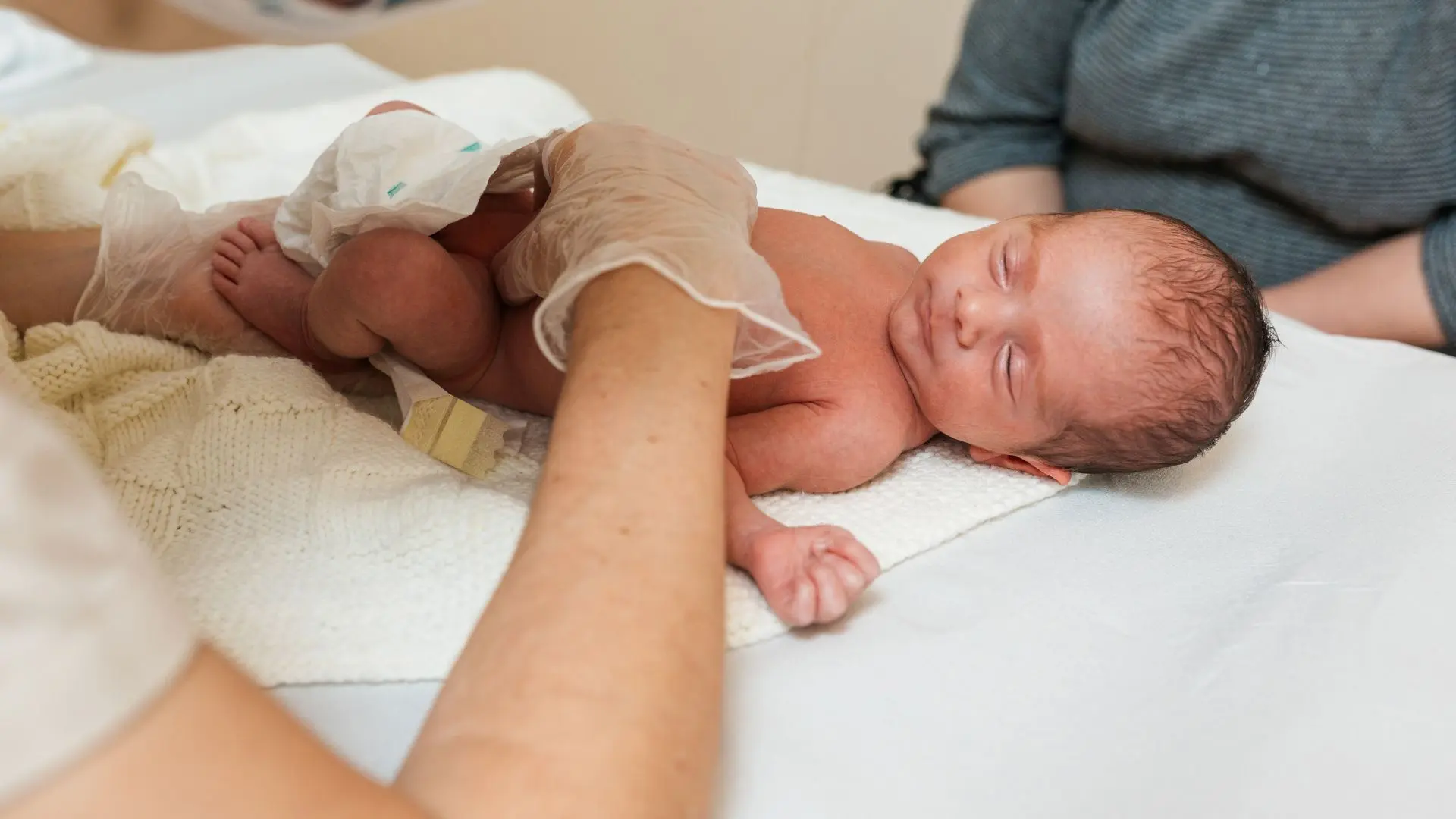
As a new parent, you’re faced with countless decisions, but one stands out: Should you circumcise your baby or leave them natural? It’s not just a medical choice—it’s a deeply personal decision that raises questions, concerns, and even debates. Let’s break it all down, so you can make the best choice for your little one.
What Is an Uncircumcised Newborn?
An uncircumcised newborn is a baby boy who retains his natural foreskin, the fold of skin that covers the tip of the penis. This is the default, biological state that every male is born with. The foreskin has natural functions, such as protecting the sensitive tip of the penis and keeping it moisturized.
You might hear terms like “intact baby” or “natural state” when discussing this option. With many parents now leaning toward avoiding surgical procedures unless medically necessary, this choice is becoming increasingly popular.
What Is a Circumcised Newborn?
On the other hand, a circumcised newborn has undergone a surgical procedure to remove the foreskin. Circumcision is often chosen for cultural, religious, or personal reasons. Some parents opt for it to reduce certain risks, like urinary tract infections (UTIs) or to align with familial practices.
This decision is often made shortly after birth, and while circumcision is generally considered safe, it’s not without risks such as pain, bleeding, or infection.
Key Differences Between Uncircumcised and Circumcised Newborns
When comparing an uncircumcised newborn to a circumcised one, several factors come into play:
1. Hygiene Practices
- Uncircumcised newborns: Cleaning involves gently washing the outer foreskin with water. You don’t need to retract the foreskin, as it’s fused to the tip during infancy.
- Circumcised newborns: Care involves keeping the surgical site clean and monitoring it for signs of infection until it heals.
2. Risk of Infections
- Studies suggest a slightly higher risk of UTIs in uncircumcised newborns during the first year of life, but this risk is minimal and manageable with proper hygiene.
- For circumcised babies, the surgical process itself poses a temporary risk of infection or complications.
3. Healing and Comfort
- Uncircumcised babies don’t experience pain or recovery periods, as no surgery is involved.
- Circumcised babies may experience discomfort for up to a week post-surgery, requiring additional care during healing.
Common Concerns About Uncircumcised Newborns
Parents often have concerns about leaving their baby intact. Here’s what you need to know:
1. Will Cleaning Be Difficult?
Not at all! Caring for an uncircumcised newborn is simpler than many people think. Gently wash the area during bath time with mild soap and water. Avoid forcibly retracting the foreskin—it will naturally loosen as your child grows, typically around puberty.
2. What If There Are Medical Issues Like Phimosis?
Phimosis (tight foreskin) is normal in infants and young children. It rarely causes problems and usually resolves on its own. If concerns arise, your pediatrician can provide guidance.
3. Will My Child Be Judged Later in Life?
Societal norms are shifting, with more parents choosing to keep their boys intact. Open communication and teaching self-confidence can address any future questions or concerns.
Benefits of Keeping Your Newborn Uncircumcised
Choosing to keep your child intact comes with its advantages:
- Natural Protection: The foreskin acts as a barrier, reducing the risk of irritation and infections.
- No Surgical Risks: An uncircumcised newborn avoids pain, bleeding, or potential complications associated with surgery.
- Global Trends: Many countries view keeping babies intact as the norm, with circumcision becoming less common globally.
When to Seek Medical Attention
While an uncircumcised newborn usually requires minimal intervention, it’s essential to monitor for signs of trouble:
- Persistent redness or swelling.
- Pain or discomfort during urination.
- Discharge with an unusual odor.
If any of these occur, consult your pediatrician promptly.
Expert Opinions: Circumcision or Natural?
Pediatricians often emphasize that the choice is personal and should align with your family’s beliefs and values. Research shows that both circumcised and uncircumcised newborns can lead healthy, happy lives with proper care.
The American Academy of Pediatrics (AAP) states that the health benefits of circumcision are not significant enough to recommend it routinely. Instead, they encourage parents to make informed decisions.
Does It Really Matter?
The truth is, both options have their merits. Whether you choose to circumcise or keep your baby intact, what truly matters is providing love, care, and attention to your child’s needs. Take the time to research, discuss with your partner, and consult your pediatrician to make a decision you feel confident about.
Remember, your parenting journey is unique, and there’s no one-size-fits-all answer. The important thing is to choose what’s best for your baby and your family.

Conclusion
Deciding whether to keep your baby uncircumcised or circumcised is deeply personal, and both choices come with their own considerations. An uncircumcised newborn requires simple, natural care, while circumcision involves a brief procedure with its own benefits and risks.
Ultimately, what matters most is making an informed decision that aligns with your family’s values and ensuring your child is healthy, loved, and cared for. Whatever you choose, trust that you’re doing your best as a parent.
Now that you’ve explored the facts, how do you feel about this decision? Are you leaning toward leaving your newborn intact or considering circumcision? Let’s start the conversation in the comments below!
You may also be interested in : Hidden Risks in Baby Skin Care: Are You Using the Wrong Products?